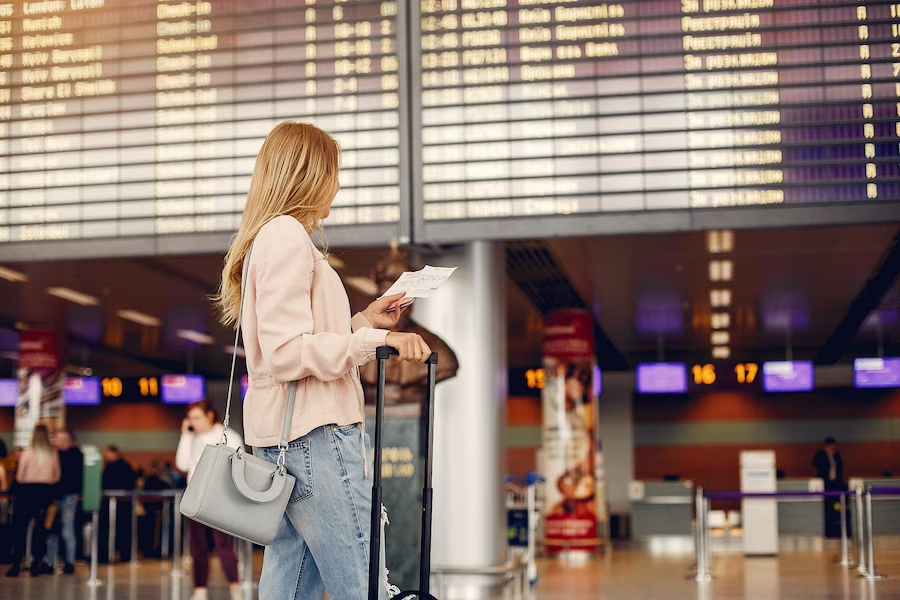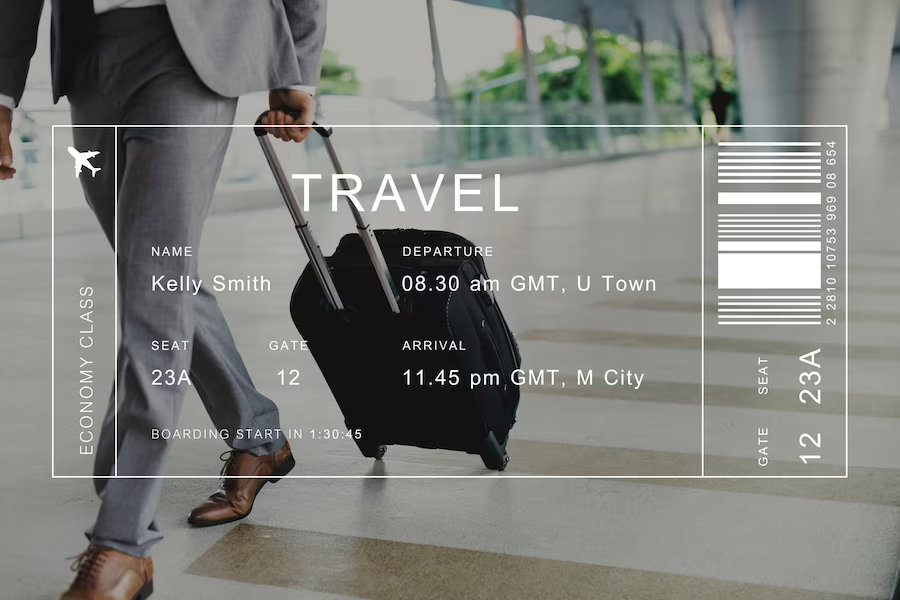Smooth Travels: Understanding Flight Cancellations and Refunds

Traveling by air has become an essential aspect of modern life, enabling us to explore new horizons, visit loved ones, or conduct business across the globe. While air travel has many advantages, it’s not without its challenges, with flight cancellations being one of the most frustrating. In this essay, we will delve into the intricate world of flight cancellations and refunds, aiming to provide travelers with a comprehensive understanding of the processes and their rights.
Understanding Flight Cancellations:
Flight cancellations can happen for a multitude of reasons, ranging from mechanical issues and weather-related problems to operational constraints and unforeseen circumstances. Airlines prioritize passenger safety above all else, which sometimes requires canceling or rescheduling flights. It’s essential for travelers to grasp the various causes of cancellations to navigate these situations effectively.
Common Causes of Flight Cancellations:
Weather: Adverse weather conditions such as storms, fog, or snow can disrupt flight schedules, making it unsafe to take off or land. Operational Issues: Airlines may encounter operational challenges like crew scheduling problems or aircraft maintenance issues that necessitate cancellations. Air Traffic Control: Congestion or air traffic control strikes can lead to delays and cancellations.
Security Concerns: In response to security threats or unexpected events, flights may be canceled or rerouted. Aircraft Availability: If an airline experiences a shortage of available aircraft, flights may be canceled or combined. Economic Factors: Economic downturns or changes in market demand can result in flight cancellations, especially for less profitable routes.
Passenger Rights and Compensation:
While flight cancellations can be frustrating, passengers do have certain rights and entitlements. These rights may vary depending on the airline, the specific circumstances, and the country in which the flight operates. It’s crucial for travelers to be aware of their rights and how to seek compensation when necessary.
- Right to Compensation: In the European Union, under Regulation (EC) No 261/2004, passengers may be entitled to compensation for flight cancellations, unless the cancellation was due to extraordinary circumstances beyond the airline’s control. The compensation amount varies based on the length of the flight and the length of the delay caused by the cancellation.
- Right to Reimbursement or Rerouting: Passengers also have the right to choose between a full refund of their ticket or an alternative flight to their final destination if their flight is canceled. 3. Right to Care: Airlines are obliged to provide care to passengers facing long delays or cancellations. This care includes meals, refreshments, accommodation (if necessary), and transportation between the airport and the accommodation.
- Right to Information: Airlines must inform passengers of their rights regarding compensation, reimbursement, and assistance. It’s important to note that these rights may not apply to all flights or regions. Passengers should check with the airline and relevant authorities to understand their specific rights in the event of a cancellation.
Navigating Refund Policies:
Getting a refund for a canceled flight can be a straightforward process or a frustrating ordeal, depending on the airline’s policies and the circumstances of the cancellation. Here are some key points to consider when seeking a refund:
- Airline Policies: Review the airline’s cancellation and refund policies before booking your flight. Airlines often offer different fare classes with varying refundability. 2. Non-refundable tickets: If you purchased a non-refundable ticket, you may not be entitled to a cash refund. However, you can still explore options such as rebooking or receiving a travel voucher.
- Travel Insurance: Consider whether you have travel insurance that covers flight cancellations. Some policies offer reimbursement for non-refundable tickets in specific situations. 4. Direct Contact: In case of a cancellation, contact the airline’s customer service as soon as possible. Be prepared with your booking information, ticket details, and a clear understanding of your rights.
- Document Everything: Keep records of all communication with the airlines, including names, dates, and times of conversations. Take note of any promises or commitments made by airline representatives. 6. Patience and Persistence: Dealing with flight cancellations can be stressful, but remaining calm and persistent in your interactions with the airline can lead to a more favorable resolution.7. Escalation: If you are not satisfied with the response from the airline, consider escalating your case to relevant aviation authorities or consumer protection agencies.
Flight cancellations are an unfortunate aspect of air travel, but they need not be a source of undue stress for passengers. By understanding the common causes of cancellations, knowing their rights, and navigating refund policies effectively, travelers can minimize disruptions to their plans and maintain a sense of control when facing unexpected flight changes. A well-informed traveler is better equipped to handle the challenges of flight cancellations and ensure that their journey remains as smooth as possible.







